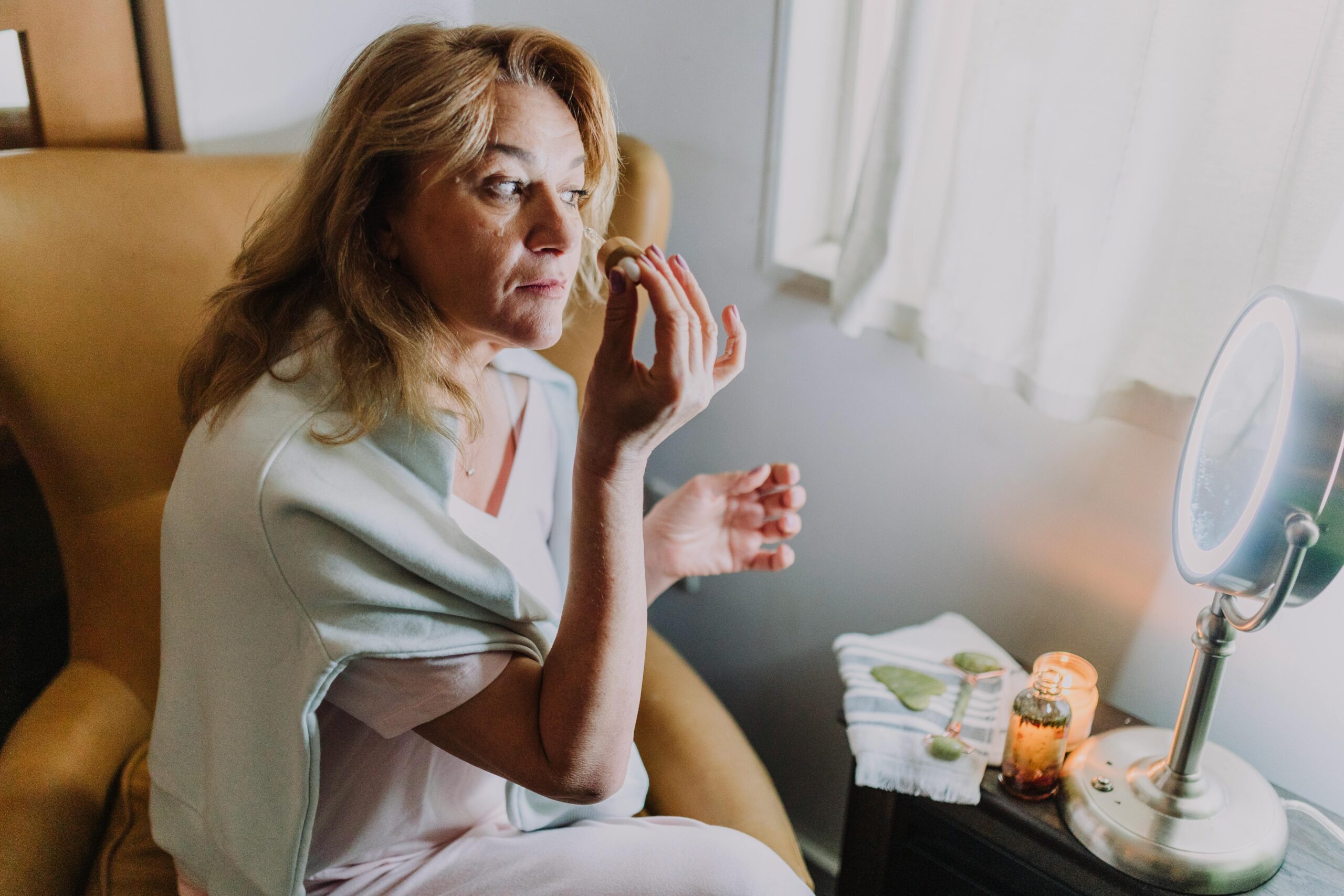
By Bishwash Acharya
I never planned to create a menstrual cycle tracker.
What I wanted was an answer to a question that had been on my mind for years: Why, in a world with billions of women, is something as natural as a period still treated like a secret?
I grew up surrounded by amazing women my mother, my friends, my colleagues and I saw how periods were almost always spoken about in whispers. Not because they were embarrassed, but because society had taught them to keep quiet. I saw women struggling to predict their cycles, track symptoms, or even talk about cramps without someone changing the subject.
For me, this wasn’t just about inconvenience, it was about dignity.
And it frustrated me to see that so many period apps didn’t seem to care about women’s privacy. Sensitive health data was being sold, cycles were being used to push ads, and women’s most personal information had become just another product.
That’s when the idea for MyFloo began not as a business plan, but as a way to stand up to a system that profits from women’s bodies while still telling them to be quiet about them.
The Problem No One Wants to Talk About
Menstrual health is still treated like an afterthought in both tech and society.
Even in 2025, there are plenty of apps that look pretty on the outside but don’t respect privacy. I’ve spoken to women who felt uneasy knowing their health data was stored somewhere they had no control over.
One woman told me, “I stopped using period trackers after I got targeted with baby product ads right after my miscarriage. It felt like my phone knew more about my loss than the people in my life and it was using it to sell me something.”
That was when I understood something important: for many women, the fear of their data being misused is bigger than the fear of losing track of their health.
This is not just a “women’s issue” it’s a human rights issue.
When we stay silent about menstrual health, we make it harder for women to speak up for themselves, harder to spot early health problems, and harder to have open conversations about reproductive rights.

The Start of MyFloo
I started MyFloo.com with one simple goal: to create a cycle tracker that women could trust. One that puts privacy first, doesn’t use women as marketing targets, and listens to real feedback from real users.
I am not a Silicon Valley founder with millions in funding I am a tech graduate in Nepal with a reason to do this.
The first version of MyFloo wasn’t perfect. I remember showing it to a small group of women and getting brutally honest feedback the calendar was too rigid, the design wasn’t friendly, and the symptom tracker didn’t match real-life experiences.
Instead of taking it personally, I listened. Every piece of feedback became a plan for improvement.
Over time, MyFloo grew from a simple calendar to a safe space where women could track their cycles, note their symptoms, and actually see patterns in their health all without feeling like someone was watching.
Some days were hard. It’s not easy to run a platform without ads or selling data when most of the industry makes money that way.
Breaking the Silence
I quickly realized MyFloo wasn’t just about tracking cycles it was about starting conversations.
In Nepal, like in many places, menstruation still comes with restrictions and unspoken rules. Some are rooted in tradition, others in superstition, but they all lead to the same thing: women being told to manage it quietly.
Through MyFloo, I’ve spoken to women from all over the world who share the same frustration. Whether they live in small villages or big cities, the story is often the same periods are something to “deal with,” not something to discuss.
One story that has stayed with me came from a young university student in India. She told me she had always felt disconnected from her cycle because she never talked about it, not even with her mother. After using MyFloo for a few months, she started noticing patterns in her mood and energy. For the first time, she opened up to her mom about her period.
That’s what it’s about understanding.
When women understand their cycles, they’re not just counting days. They’re taking control of their health, their fertility, and their stories.
A Call to Women Everywhere
Periods are not a weakness. They’re not an inconvenience. And they’re definitely not “too private” to talk about.
They’re the body’s way of speaking and every woman deserves to hear that voice clearly, without interference from advertisers or companies selling their data.
MyFloo is my way of supporting that vision. It’s not perfect, and it’s still growing, but it’s built on one non-negotiable belief: your data belongs to you.
If you’re reading this, I want you to ask yourself and how well do you really know your cycle? Not just the dates, but the patterns, the shifts, the signs your body gives you. That knowledge is power, and you deserve it.
So here’s my invitation: track your cycle with something you trust, speak openly about menstrual health.
Our cycles are not something to hide they’re the rhythm of life. It’s time the world treated them that way.

Bishwash Acharya is the founder of MyFloo.com, a privacy-focused menstrual cycle tracker empowering women with accurate health insights. Passionate about breaking the stigma around menstrual health, Bishwash built MyFloo to be accessible, inclusive, and respectful of women’s data. Based in Nepal, he works with a global vision: to ensure every woman can track her cycle without sacrificing her privacy or dignity. You can follow MyFloo on Instagram and Facebook.
















